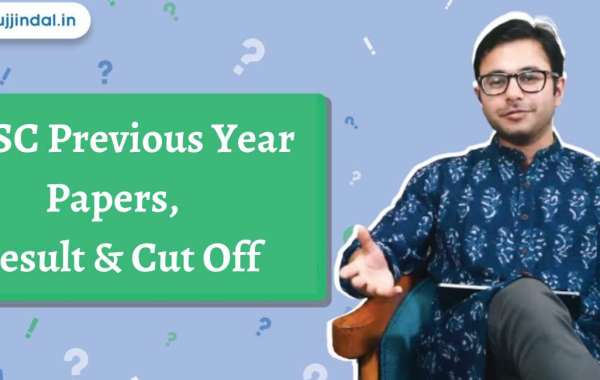
IAS Previous Year Paper
UPSC Previous Year Question Papers
Knowing that you might have already gotten an idea about how important the UPSC prelims question papers of the past years and the previous year papers are to a sincere UPSC aspirant, I shall not be dwelling on the topic much.
In this section of the blog, I would like to categorically elaborate on the many benefits of solving the UPSC prelims question papers of the past years and the previous year papers and talk about how to use the previous year papers.
So basically, the best way to study for the IAS exam would be to first practice on a random previous year question paper. With that done, you’ll be able to gauge your strengths and weaknesses.
Then, according to those, you can begin covering the UPSC syllabus in a way where you’d first cover the topics that you are weak at, and then eventually go over to the ones you are strong at.
After you are done going through the entire UPSC course materials, you can try solving another previous year paper to test your waters again. Then again gauge yourself based on your strong and weak points, and accordingly go over the syllabus again. Then solve the thirst previous year paper.
This process would have to be repeated till there are no weak points left, meaning, till the point where you have achieved the same level of mastery at every UPSC-related topic.
Okay, now with the topic of “how to use the previous year papers” out of the way, let me jot down the many benefits of solving the UPSC previous year question papers in the next section.
Benefits of Solving Previous Year Papers
In this section I have talked about the various ways, solving IAS previous year paper will benefit you.
Gauge the Levels of Prelims Mains
The more you solve previous year papers, the more you’ll be able to familiarise yourself with the massive jump in the difficulty levels of the Prelims to the Mains papers, and subsequently prepare yourself for the same.
Identify Important Topics
Solving more Previous year papers would mean getting to identify the most commonly asked questions in the exams, and from them, the most important UPSC topics. These are the topics that you’d then have to learn about in much more detail, considering that they are the ones most likely to be asked about in the upcoming IAS exam.
Manage Time Better
One of the reasons why the UPSC exams are so tough per se is because of the limited time and space that are provided to aspirants to fill in their answers. This should give you all the more reason to try and solve more and more previous year question papers using the actual UPSC exam time limit. Doing so will improve your time management skills during exams and help you save yourself from all the last-minute anxiety attacks that people normally get on not being able to finish their papers on time.
Be More Instinctive in Exams
More and more practice on previous year papers using the actual UPSC exam time limit will train you to be more instinctive and accurate while marking the right answers. ias past year paper
Also check: UPSC optional exam analysis
Source by: https://www.anujjindal.in/upsc-previous-year-papers-result-and-cut-off/




